The Primary Trait of Successful Leaders? Take a Guess
“What’s the number-one trait successful leaders share?”
I ask this question at the start of some of our leadership workshops - in companies as varied in size, industry, age, and stage as you could imagine.
The answers are always interesting. Beyond the surface-interpretation of “these traits are what makes a good leader,” the responses also speak to each person’s values and to the organization’s culture.
Typically I hear things like:
“Fairness.”
“Empathy.”
“Good communicator.”
“Honest.”
“Direct, clear.”
“Comfortable delegating.”
“Motivates.”
“Good at navigating change.”
“EQ.”
“Gives feedback.”
“Takes feedback well.”
All of these traits are of course important. But to realize any of them, one other trait is vital.
When members of the Stanford Graduate School of Business’s Advisory Council were asked to recommend the most important capability for leaders to develop, their answer was nearly unanimous:
Self-awareness.
The leader who talks too much, the leader who micromanages, the leader who is “a closed book”, the leader who lacks discretion… All likely suffer from a lack of self-awareness.
Rarely do people say “That person who lacks self-awareness is an outstanding leader.” Because we first have to understand ourselves - our strengths, our weaknesses, our blind spots - before we can be most effective.
What does it mean to be self-aware?
“Knowing your weaknesses.”
Yes, knowing your limitations and weaker areas is a key part of being self-aware, but knowing your strengths is just as important. Having a clear sense of what you’re good at can also help you build resilience, define your ideal role, and find “flow” when you’re trying to be more productive.
“Knowing your potential blindspots,” is always helpful for a leader. By definition, these are tougher to find, but not impossible. Having a sense of these will help you avoid potential pitfalls later on and even help you hire smartly.
After all, the common element in all of your projects, roles, and endeavors is you. Which leads to the question…
How can you become more self-aware?
First, you have to be open to it. That sounds like a no-brainer. But more often than you might think I encounter people who raise their hand to say “I want to be a great leader,” then run a mile when people in their orbit offer them constructive, well-intentioned feedback.
So step one is to be open to learning what you’re good at and what you’re less good at - even if it feels uncomfortable. After all, if you don’t show an openness to receiving feedback, you’re sending a message to your team that they don’t have to be either.
And if people don’t think you’re open to feedback, they won’t share it - a missed opportunity, since feedback is how we get better. (And you don’t have to agree with it for it to be valid - perception is reality.)
“Tell me what you think of me,” is one place to start - but “I know I can improve and understanding what you think my strengths and weaker areas are is key to that” is more likely to elicit a useful response.
Survey those around you. A robust 360-degree evaluation will garner detailed, constructive feedback. Your company might have a 360-review process in place, but even if they don’t, you can create your own (hint: talk to people) or hire a coach who’ll offer you their own feedback and perhaps even provide a 360-degree evaluation for you.
Hold up a mirror. Personality profiling can be a shortcut to seeing your potential blindspots. We like Insights, but work with what’s available to you. If your company has profiled you before, dust down that document and have a read. Unconvinced? Have someone who knows you well (and can be honest with you without repercussions) read it, too. It might not be 100% accurate, but take from it what’s useful and add it to your toolkit.
Perhaps the most important step is to act on the feedback you receive. This might mean making a change to your behavior - or it might mean simply acknowledging someone else’s experience of you with grace and an open mind.
So before you dive into setting your performance goals or KPIs, first consider how you’re showing up - on your good days, your bad days, and other days besides.
—
Ellie Hearne is a leadership-communications expert and founder of Pencil or Ink. She has worked with Apple, Google, Kate Spade, Marriott, Morgan Stanley, Oracle, Pfizer, Piaget, Spotify, Starbucks, and Twitter, among others, and has coached numerous individuals and teams. Ellie is accepting feedback here, here, and here.




